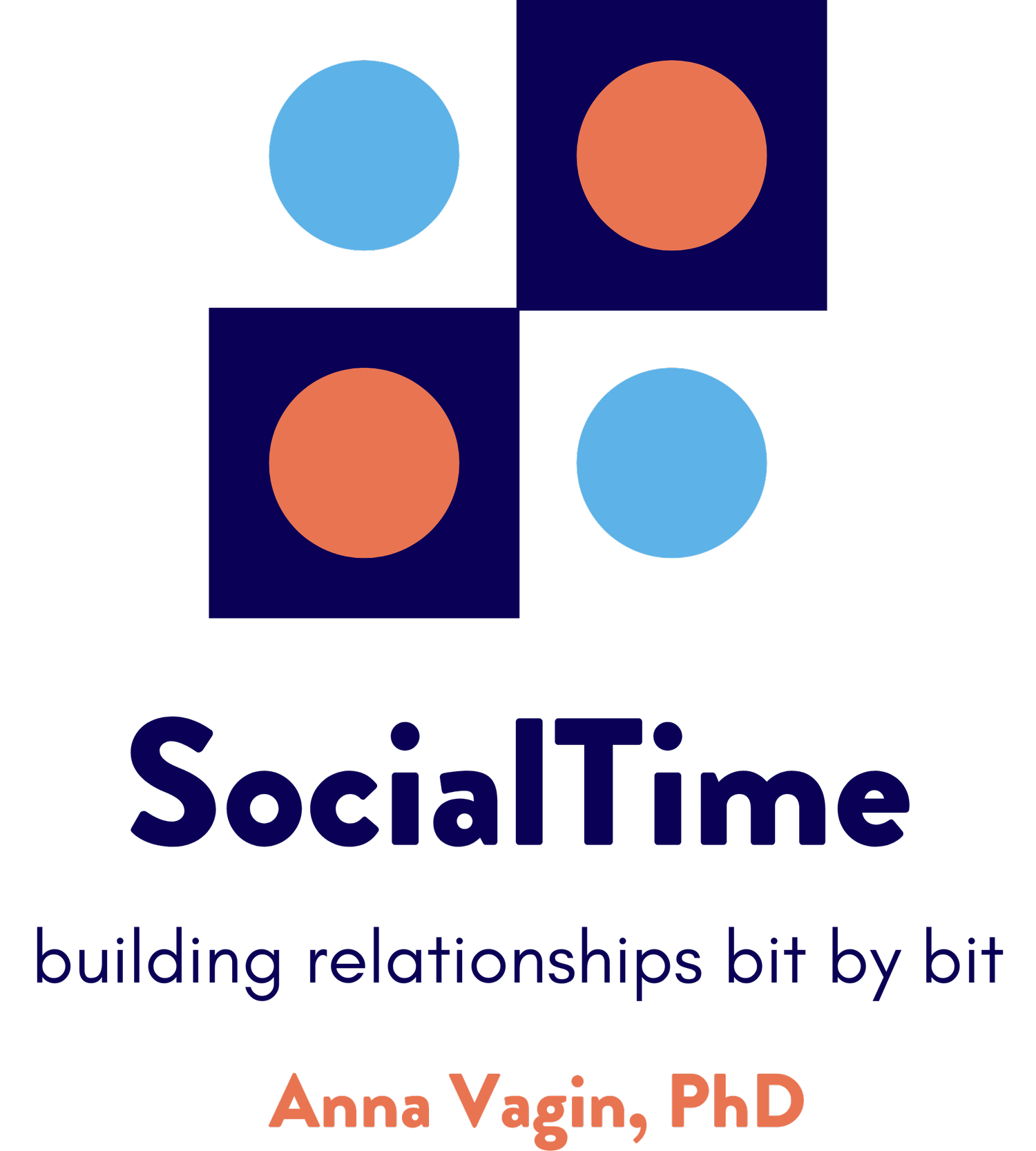Step Into My Sessions: Fitting Supports to Students, Not Students to Supports
Whether it is a baguette or a SocialScale, it's good when it fits just so!
Earlier this month, my husband and I spent two glorious weeks in France. 🧀🍇
We stayed a week in Antibes, along the southern coast. There, I spotted the cutest mini baguettes at our local bakery, just about three inches in length and maybe an inch in diameter. 🥖 Just the size for the tiny raccoon-like fingers (he seems able to open just about anything) of my 14-month-old grandson, Niko.
Okay, he is a big eater, so he would probably put away three, but my point is, they would be just the right fit for his tiny hands.
We all want things that fit us
That feel like they were created just for us. When something feels right to us, we use it more, reach for it more often, and find more value in it. 🪙
Yet so many social learning materials are pretty “set”—they don’t invite clinicians to adapt them, offering only worksheets and lesson ideas with one direction and one set of language that students are expected to fit themselves into. I created SocialScales: Making Social Learning Visible with the intention that my materials be adjusted and modified to be just the right fit for any student or group.
Some of you wrote me after the last Step Into My Sessions about how you’ve used SocialScales to check in with students about returning to school. 📚🍎 I also got a couple emails asking for more examples.
Just like choosing the right-sized baguette, finding the right-sized language makes all the difference. In this issue, I’ll share how small text modifications can turn a SocialScale into a tool that really fits the students.
Tailoring SocialScales to your students
Last year, I had a middle school girls group that, at the beginning of the school year, was struggling with post-summer commitments. 😎☀️ In addition to school, my group being one of them. Notice how the two SocialScales we made were each tailored specifically to the subject:
In the SocialScale about school, some of the students gave more details or indicated where they would like to be – that was the beginning of a goal. 🏅 Others were happy enough where they were in the moment.
Students who were less sure about school or group got support from the others without judgement – so nice to see at this age. 😊 They felt no pressure to change their answer just to have their arrow close to the others.
They were heard and supported. 🫱🏼🫲🏼 And that’s the point of SocialScales.
Let’s look at another example, this one from an 8th grade student who was really struggling with the back-to-school screen limits his parents were enforcing. 📱
I pulled up a Basic Flexibility + Feelings SocialScale template:
I handed my computer over to him, and he quickly modified the SocialScale to suit himself better:
He didn’t make huge changes in lots of the text, focusing more on the left side of the continuum, where he was struggling. The changes he made reflected how he felt and reacted to his dad’s instruction to turn off screens.
Turns out his dad wasn’t giving him any countdown or warning. ⏳ After a quick discussion, we decided that setting a phone reminder to give him a 10-minute heads-up would be a good plan to try first. 🔔
“I’ll run down and get my phone from my mom’s car – she’s right downstairs!” he volunteered. Wow – the SocialScale and our plan really resonated for him, so I talked him through setting a reminder Sunday through Thursday. Weekends off for now!
In a few weeks, we will return to these SocialScales and see how they are working for these students, so stay tuned! 📻





